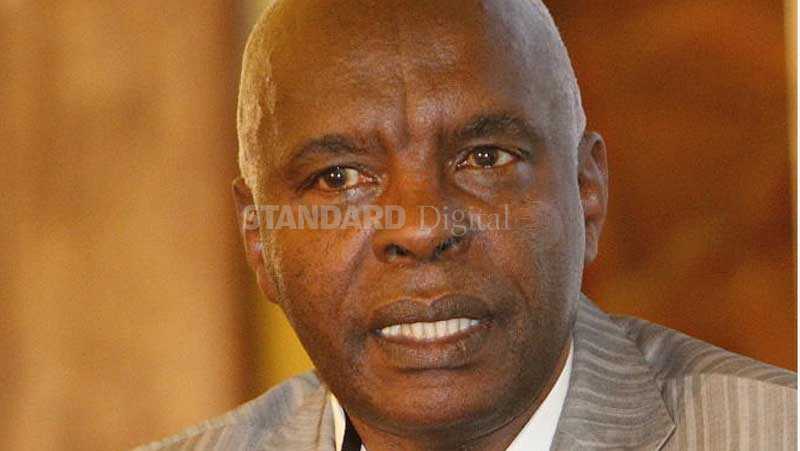×
The Standard e-Paper
Stay Informed, Even Offline

Makueni Governor Kivutha Kibwana has said the number of households enrolled for the county's subsidised healthcare programme has nearly tripled in the last one year.
Prof Kibwana (right) said the programme had 72,000 households, up from 25,000 in 2016.